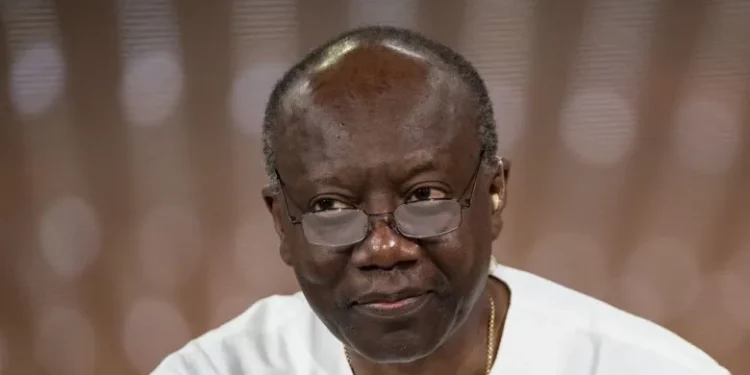Ghana’s fiscal outlook faces headwinds as Fitch warns of widening deficit amid election spending
Fitch Solutions expects the majority of the deficit to be covered through increased domestic borrowing, a strategy that raises concerns about crowding out private sector lending. This, in turn, poses risks to macroeconomic stability and the banking sector

- Advertisement -
Source:norvanreports
- Advertisement -
- Advertisement -



